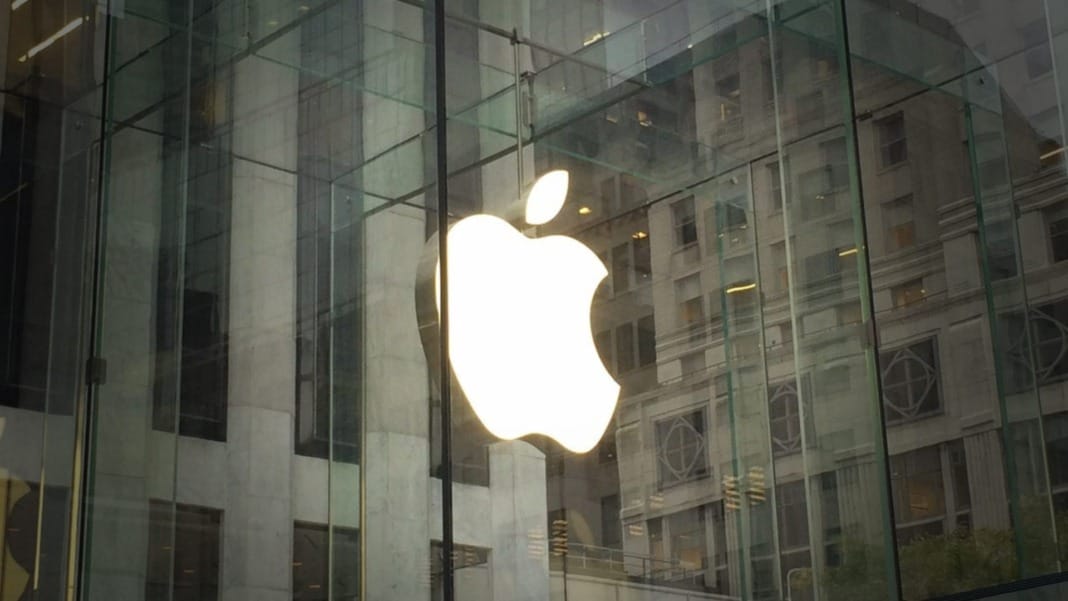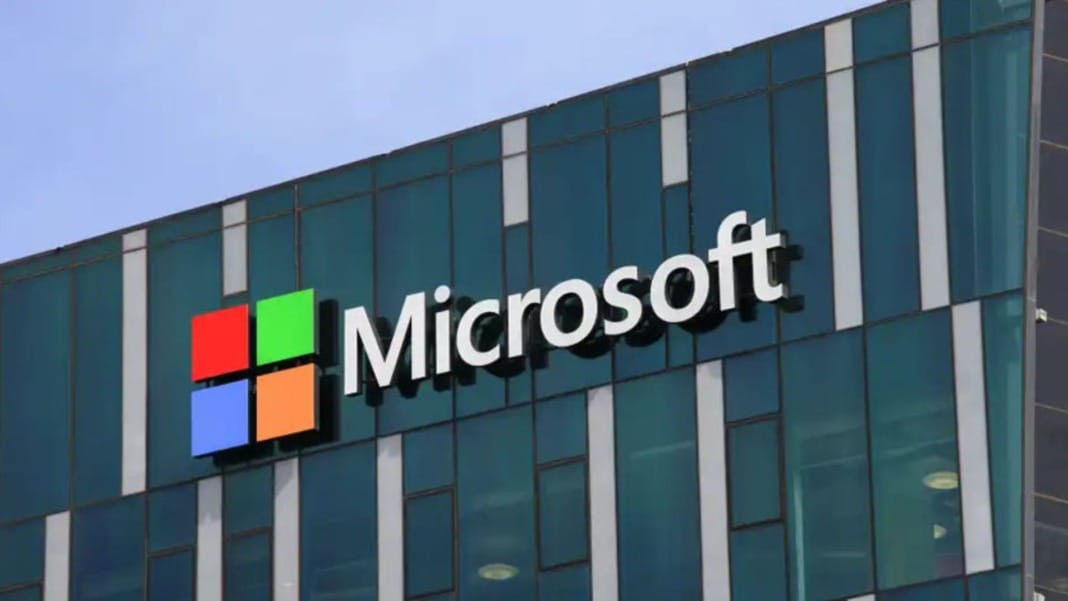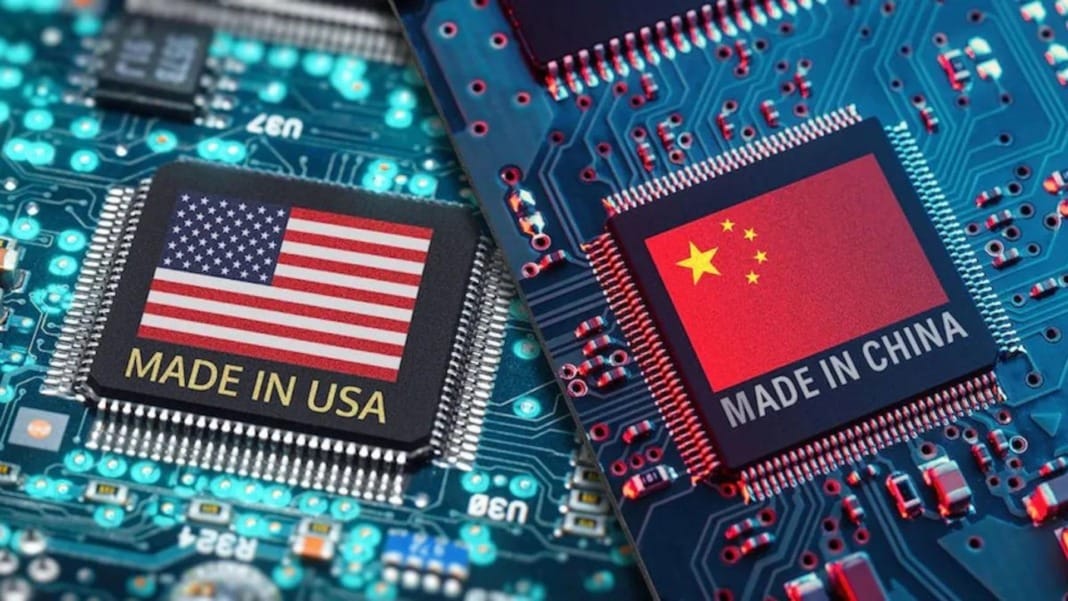In a surprising move, Apple has chosen chips designed by Alphabet’s Google rather than industry leader Nvidia to build the infrastructure for its new artificial intelligence software. This information was revealed in a research paper published by Apple on July 29.
Google’s chips over Nvidia’s GPUs
Apple’s decision to rely on Google’s cloud infrastructure is significant because Nvidia is known for producing the most sought-after AI processors. Nvidia controls about 80% of the market, including chips from Google, Amazon.com, and other cloud computing companies.
Although Apple’s research paper did not explicitly state that it uses no Nvidia chips, it detailed its AI tools’ hardware and software infrastructure without mentioning Nvidia hardware. Apple could not be immediately reached for a comment on the matter.
Training AI with Google’s TPUs
Apple revealed in the paper that it used two types of Google’s tensor processing units (TPUs) to train its AI models. To develop the AI model for iPhones and other devices, Apple used 2,048 TPUv5p chips. For its server AI model, the company deployed 8,192 TPUv4 processors. Unlike Nvidia, which focuses on graphics processing units (GPUs) widely used for AI, Google’s TPUs are available through the Google Cloud Platform. Customers must build software using Google’s cloud platform to access these chips.
Apple’s engineers noted that it is possible to create even larger and more sophisticated models using Google’s chips than the ones discussed in the paper. This could pave the way for more advanced AI features in Apple’s future products.
New AI features and ongoing development
In June, Apple unveiled several new AI features at its developer conference, including integrating OpenAI’s ChatGPT technology into its software. Portions of Apple Intelligence are being rolled out to beta users this week. While Reuters first reported the use of Google’s TPU chips in June, Apple’s research paper provided a detailed account of the extent of its reliance on Google hardware.
Google did not respond to a request for comment, and Nvidia declined to comment on the situation. As Apple continues to develop its AI capabilities, this partnership with Google could signal a shift in how major tech companies approach AI infrastructure.





